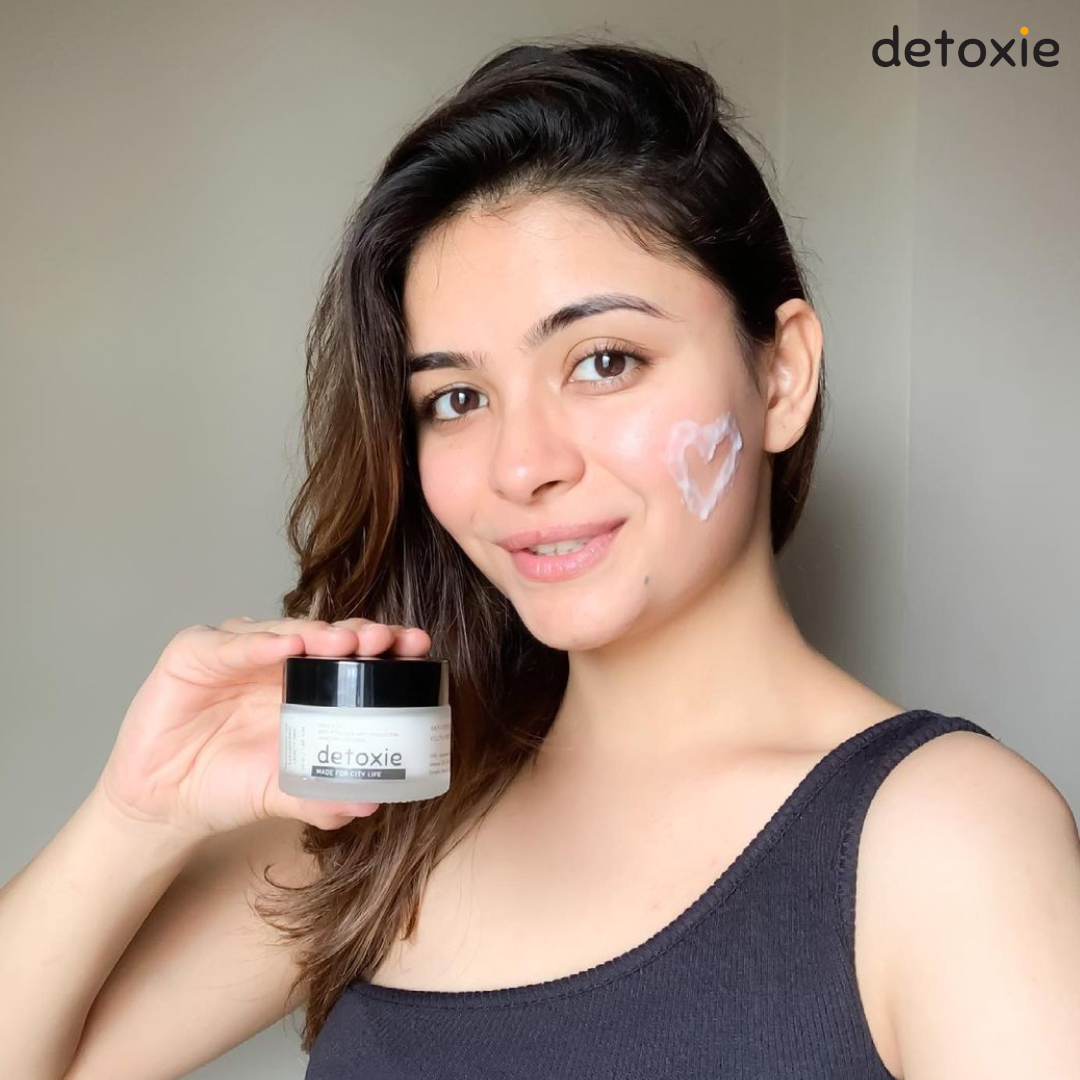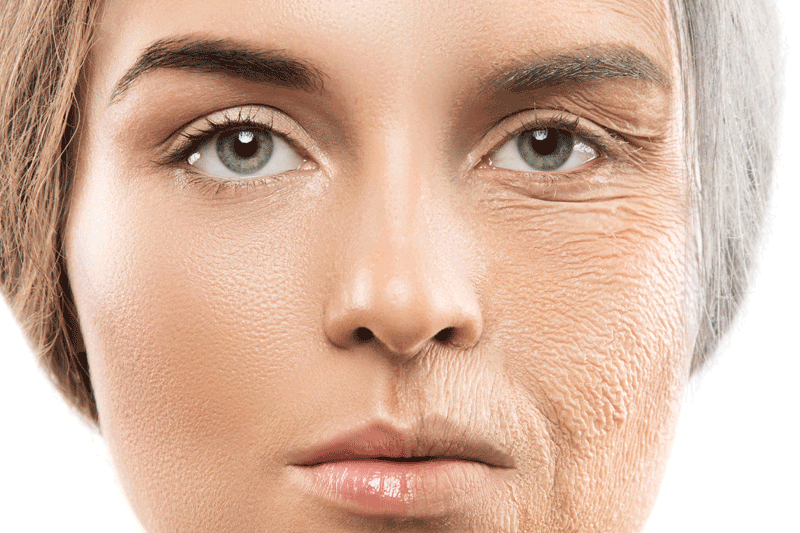The next time you scroll through Instagram or watch a TV series in HD mode, you should make it a habit to check the screen light. We do not have an approximate duration of the time spent on smartphones, but it is pretty evident that mobiles consume most of our time in a day.
In the long run, the continuous use of smartphones can have a negative effect on our health. The rays of light produced from the screen damage the eye's vision. But as per studies, it is also proven that mobile phones cause skin damage too.
Blue light is a high-energy, short-wavelength light part of the visible light spectrum. Experts say the skin can get affected as phone radiation has a high energy level; it may penetrate deep into the skin.
The sky is blue as it produces a lot of blue light. It is also emitted by digital gadgets, such as our mobile phones and computer screens, but in lower quantities, so we don't perceive it as vividly as the sky's blue colour.
Like UV rays released by the sun, blue light has a short wavelength. However, when large levels of blue light are released (for example, from our laptops and phones), it disrupts the deep layers of the skin, causing accelerated ageing and skin cancer.
Detoxie introduces a Screen Relief and Blue Defense Glow Boost Face Serum for your skin protection from mobile screens. For more details and info, visit the website and purchase the product to avoid skin damage while using gadgets. Below are the ways which depict how blue light is detrimental to one's skin:
Wavelength
Most screens generate blue light, a short wavelength of light that emits a lot of energy. Given that we are constantly exposed to this damaging light through our displays, it has become a critical problem that makes us worry.
Hyper Pigmentation
It is true that some blue light from the sun is advantageous to our health. However, the light from our smartphones and computers is artificial and hence has no beneficial benefits. Blue-ray has been linked to skin ageing and wrinkles.
Additionally, it has the potential to produce hyperpigmentation and skin laxity. Typically people with darker skin tones have more melanin, making them more susceptible to screen light redness and pigmentation. Good collagen breaks down due to the light from screens, resulting in black spots and hyperpigmentation.
Absorption of light
While UV radiation breaks cells' DNA directly, blue light causes oxidative stress, which kills collagen. Flavin, a substance found in the skin, absorbs blue light. During absorption, the process creates unstable oxygen molecules, which cause skin damage.
It is high time to have the required knowledge of the cons of using mobile phones regularly. People need to manage their workload through smartphones to avoid maximum damage to their skin.
Using Detoxie's Screen Relief & Blue Defense Glow Boost Face Serum helps you to retain your skin health. Visit the website and shop for relevant products to keep your healthy skin intact.







